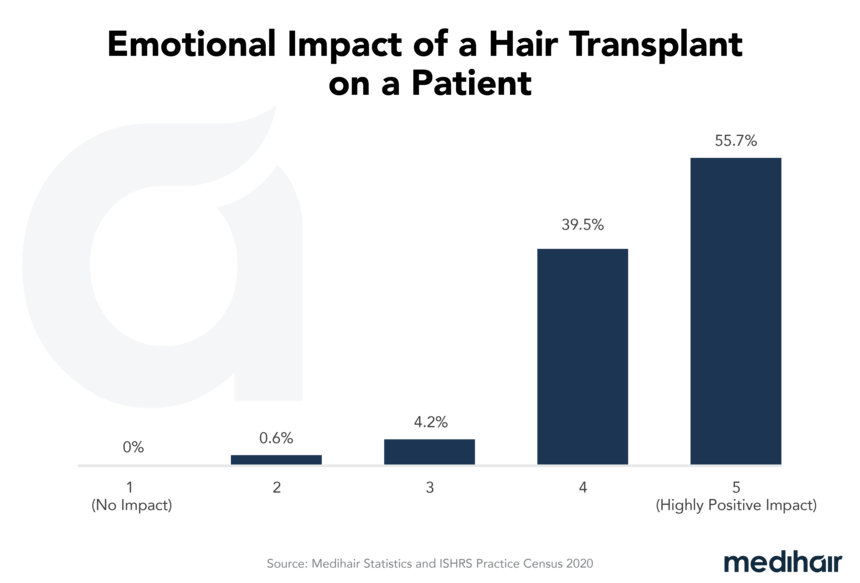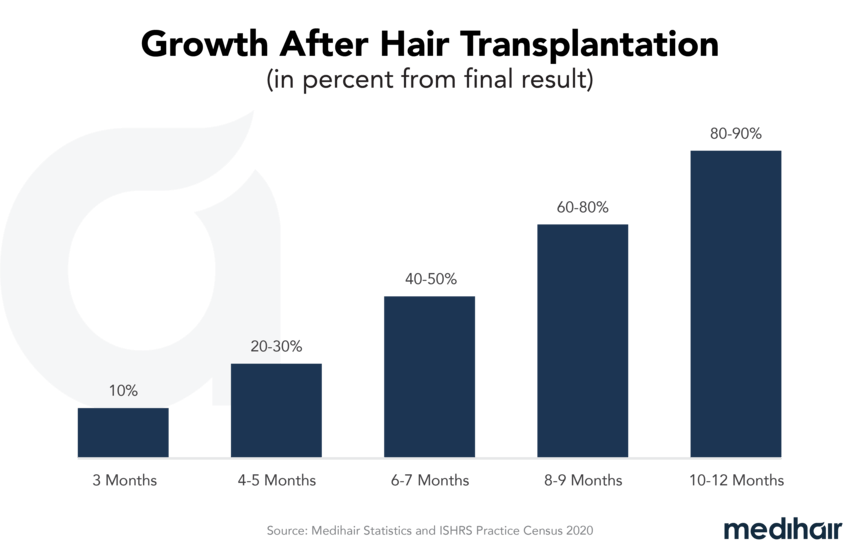How long does a hair transplant last?

Hair transplant candidates often have questions about the results of the procedure and how long it can last. This guide explains the permanence of hair transplant procedures including the factors affecting it, post-surgery results, and more.
In a Nutshell
| Lifespan | Long-term |
| Factors influencing lifespan | Surgeon experience, Medication |
| How to preserve? | Finasterid, Minoxidil etc. |
| Second hair transplant | Sometimes necessary |
- Free
- Fast
- Non-binding
Frequently Asked Questions
Can I go bald again after a hair transplant?
Will I need another hair transplant in the future?
Is one hair transplant enough?
How many years does a hair transplant last?
Sources

